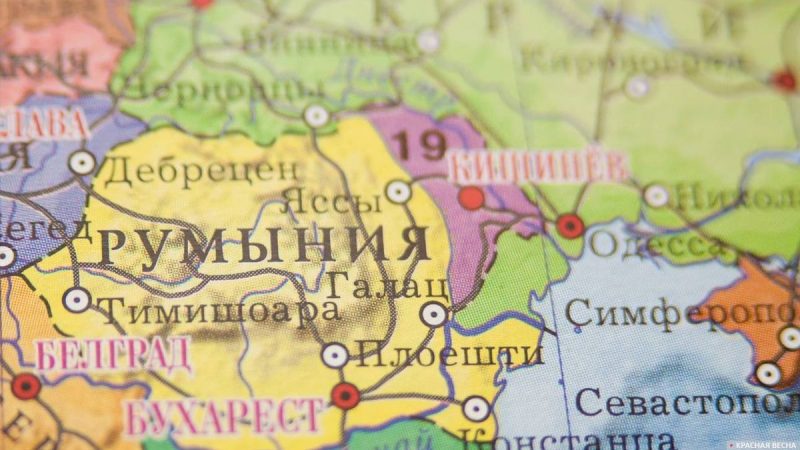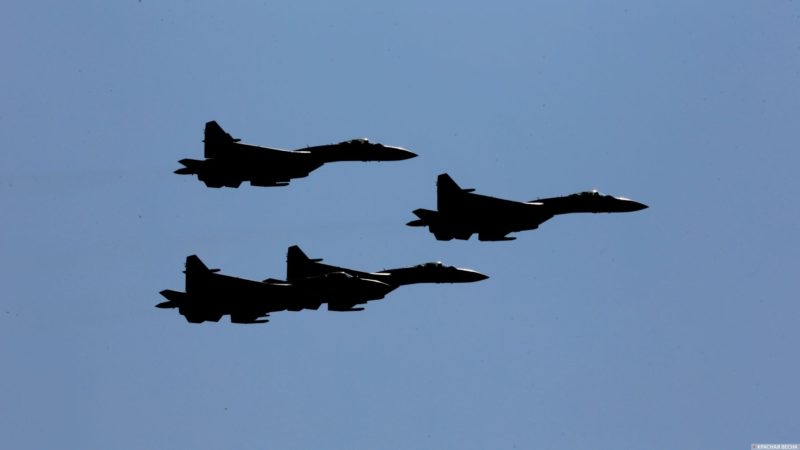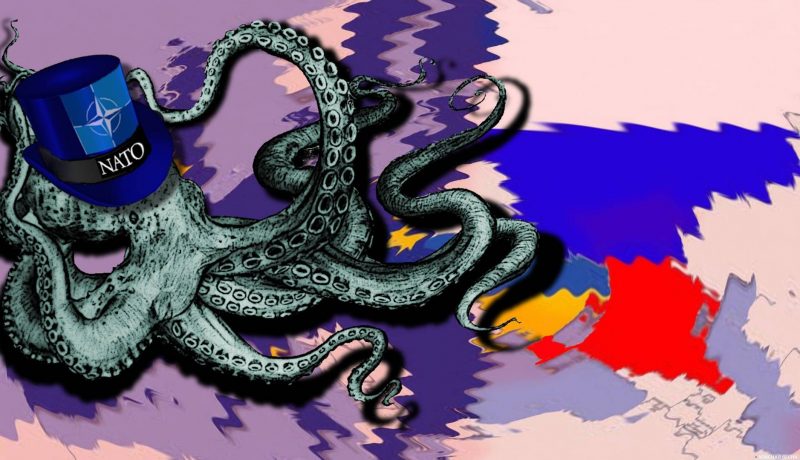29.04.2022, Moscow.
On April 28, the President of the Chamber of Deputies of Romania Marcel Ciolacu said that Romania was going to hold a parliamentary meeting with Moldova in connection with the terrorist attacks in Transnistria.
At the same time, he said that “the meeting will take place in Romania, and we will decide whether it will be held in Iași. This city is not only close to the Romanian-Moldovan border, but also is a significant historical place, because Iași was once the capital of the former principality of Moldova, which existed before the unification of the Danubian principalities (Wallachia and Moldova). This unification marked the beginning of the process of forming the Romanian state.
The Romanian political leadership is dreaming about the inclusion of the Moldovan territories (including Transnistria), as well as some territories of Ukraine bordering Moldova, into Romania. This is evidenced by the statements of the Romanian Foreign Minister, as well as other politicians, who appealed to the Ukrainian leadership with a demand to ban the Moldovan language in the territories bordering with Moldova.
Moreover, the similar work against the Moldavian language is going on in the territory of Moldova itself.
The Romanian political leadership actively cooperates with the current Moldavian President Maia Sandu, which allows itself to declare the necessity of abolition of the Moldavian language and transition to the Romanian language.
At the same time, Romania has actually taken upon itself “patronage” over Moldova to drag this country into the European Union. Despite the fact that Romania is one of the poorest countries of the European Union, it periodically sends various “humanitarian convoys” to Moldova.
In the second half of March, the head of the Foreign Ministry of Romania Bogdan Aurescu said at the meeting of the EU Council on Foreign Affairs that Romania, together with Germany and France, was creating the “Platform to support Moldova”, which included the economic support for reforms for eventual membership in the European Union. Already at the beginning of March Moldova after Ukraine submitted an application for accession to the European Union.
And here we come back to the subject of Transnistria, because after the Moldovan president signed the EU accession application, the Transnistrian authorities appealed to the international community to solve the issue of the independence of the republic, because the people of this unrecognized state do not want to join the European Union.
It is clear that Moldova with unresolved territorial issues will be accepted neither by the European Union, nor by NATO, which means that Romania will not be able to absorb the Moldovan territories.
Therefore, the Romanian authorities consider the necessity to solve the Transnistrian problem as an urgent foreign policy problem.
Translated from https://t.me/shotday/252




